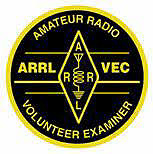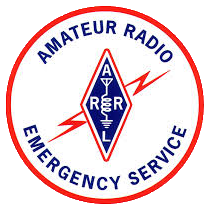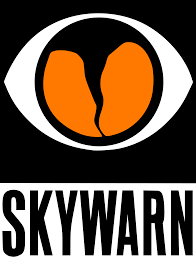By now you've already learned about the National Traffic System (NTS) and the ARRL Radiograms used to pass traffic (messages). Historically the Radiogram has served us and our served agencies well, but with nationwide adoption of the Federal Emergency Management Agency (FEMA) standardized Incident Command System (ICS) utilized to manage incidents, our served agencies have also adopted the FEMA message form known as ICS-213.
The ICS-213 form is a simple form, allowing for the identification of the sender and recipient, the message, and handling of a reply. You can see the ICS-213 here.
ICS-213 did not consider message handling by radio operators and, therefore, in itself is not compatible with the NTS. ARRL attempted to resolve the problem by creating a hybrid form known as "ICS-213 ARRL". The form merges a Radiogram with the ICS-213, allowing served agencies to see a somewhat familiar form that looks much like the ICS-213 but with the added fields that allow amateur radio operators to pass the message via the NTS. You can see the ARRL version of the ICS-213 here.
While I personally think the ICS-213 hybrid is an elegant solution to the problem of passing ICS messages, it is not universally adopted, but the various alternative solutions are usually similar enough to figure out how to handle them.
Georgia ARES has chosen to not utilize the ARRL ICS-213 for their hospital operations, creating its own hybrid document called HICS-213. You will see it bears some similarity to the ARRL version, but different enough to require a little thought before using. You can view the HICS-213 here.
The handling of hospital traffic isn't limited to just Hospital operators, it is useful for anyone who might be involved in traffic passing, as a message may not always be to another hospital, but may also be delivered to another served agency, and could be delivered by operators other than those stationed at hospitals.
Likewise, we may see handling of hospital and other served agency traffic during annual Simulated Emergency Tests (SETs), so being a least passingly familiar with the ARRL ICS-213 and HICS-213 could prove useful.




